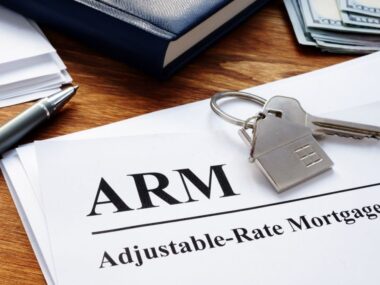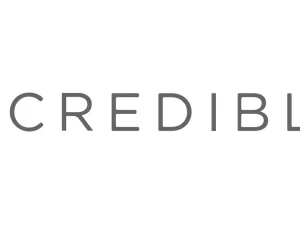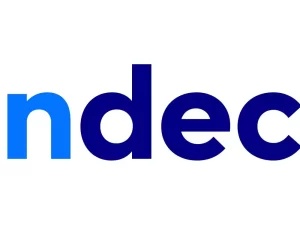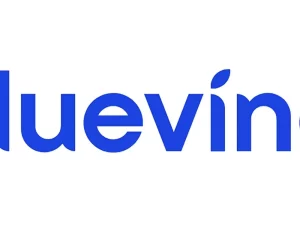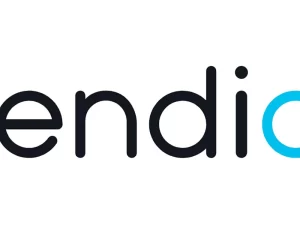Mortgages stand as the cornerstone of property acquisition. They are intricate financial instruments that provide individuals and businesses with the means to purchase real estate while spreading the cost over an extended period. Mortgages are a complex subject with numerous facets to consider, ranging from the fundamentals of their definition and mechanics to the intricacies of different types, additional costs, legal aspects, and the role they play in the economy. In this exhaustive article, we embark on a comprehensive journey through the realm of mortgages, leaving no stone unturned in our exploration.
Defining Mortgages:
A mortgage can be defined as a legal agreement between a borrower and a lender, usually a financial institution, where the borrower receives funds to purchase real estate and agrees to repay the loan amount, plus interest, over a predetermined period. The mortgaged property serves as collateral, providing security to the lender. In the event of default, the lender has the right to foreclose on the property to recover the outstanding debt.
Loan Structure and Components:
To fully comprehend mortgages, it is crucial to understand their structure and the components that comprise them. Here is an in-depth look at the key elements:
1. Principal: The principal refers to the total loan amount borrowed by the borrower to finance the property purchase. It is calculated by subtracting the down payment from the purchase price of the property.
2. Interest Rates: Interest rates are a fundamental aspect of mortgages, representing the cost of borrowing money. Lenders offer two primary types of interest rates: fixed and variable. Fixed-rate mortgages maintain a consistent interest rate throughout the loan term, ensuring predictable monthly payments. Variable-rate mortgages, also known as adjustable-rate mortgages (ARMs), feature interest rates that can fluctuate periodically, often based on market conditions.
3. Repayment Term: The repayment term specifies the duration over which borrowers are expected to repay the loan. Mortgages commonly span 15 to 30 years, although shorter-term options, such as 10-year mortgages, exist. The choice of repayment term influences the monthly payment amount, interest costs, and overall affordability.
4. Down Payment: The down payment represents the initial payment made by the borrower at the time of purchase. It is typically expressed as a percentage of the property’s purchase price. The down payment serves multiple purposes, including reducing the loan amount, influencing interest rates, and demonstrating the borrower’s commitment.
Types of Mortgages:
Mortgages come in various forms, catering to different borrower needs and financial situations. Here is an extensive overview of the most common types:
1. Conventional Mortgages: Conventional mortgages are not insured or guaranteed by government entities. They are offered by private lenders and often require higher credit scores and down payments. Conventional mortgages may have fixed or adjustable interest rates.
2. FHA Loans: Insured by the Federal Housing Administration (FHA), these loans are designed to assist first-time homebuyers and individuals with lower credit scores. FHA loans have more lenient qualification criteria, lower down payment requirements, and fixed or adjustable interest rates.
3. VA Loans: Exclusive to eligible military veterans and their families, VA loans are guaranteed by the Department of Veterans Affairs. They offer favorable terms, including the possibility of no down payment or mortgage insurance, and can have fixed or adjustable interest rates.
4. USDA Loans: Backed by the United States Department of Agriculture, USDA loans aim to promote rural and suburban homeownership. These loans offer attractive terms, including 100% financing for eligible properties, and can have fixed or adjustable interest rates.
5. Jumbo Mortgages: Jumbo mortgages are designed for high-value properties that exceed the loan limits set by conventional loan guidelines. These loans typically carry higher interest rates and may have stricter qualification requirements.
Additional Costs and Considerations:
In addition to the principal and interest, there are several other costs and considerations associated with mortgages. It is essential to be aware of these factors to make informed decisions. Here are some notable ones:
1. Closing Costs: Closing costs encompass various fees and expenses incurred during the mortgage closing process. These may include appraisal fees, title insurance, attorney fees, loan origination fees, and prepaid expenses like property taxes and homeowners insurance.
2. Private Mortgage Insurance (PMI): PMI is typically required by lenders if the down payment is less than 20% of the property’s value. PMI protects the lender in case of default but adds an extra cost to the borrower’s monthly payments. Once the borrower’s equity reaches 20% or more, PMI can often be canceled.
3. Property Taxes: Homeowners are responsible for paying property taxes to local governments. These taxes are typically assessed annually based on the property’s value and are an additional expense to consider when budgeting for a mortgage.
4. Homeowners Insurance: Lenders typically require borrowers to carry homeowners insurance to protect against property damage or loss. Insurance premiums can vary depending on factors such as the property’s location, value, and the coverage amount.
5. Escrow Accounts: Lenders may require borrowers to have an escrow account, which holds funds for property tax and insurance payments. The lender collects a portion of these costs as part of the monthly mortgage payment and pays them on behalf of the borrower when they become due.
Legal Aspects and Foreclosure:
Understanding the legal aspects of mortgages is crucial for both borrowers and lenders. Here are some important points to consider:
1. Deed of Trust or Mortgage: Depending on the jurisdiction, mortgages may be structured as either a deed of trust or a mortgage. Both serve as legal documents outlining the borrower’s obligations and the lender’s rights in the event of default.
2. Foreclosure: If the borrower fails to repay the mortgage as agreed, the lender has the right to foreclose on the property. Foreclosure allows the lender to take possession of the property and sell it to recover the outstanding debt. Foreclosure processes and timelines can vary by jurisdiction and depend on the specific terms outlined in the mortgage agreement.
Financial Considerations and Impact:
When entering into a mortgage agreement, borrowers must carefully consider various financial aspects. Here are some critical factors to keep in mind:
1. Creditworthiness: Lenders assess borrowers’ credit scores, credit history, and debt-to-income ratio to determine loan eligibility and interest rates. Maintaining a good credit score and managing debt responsibly can improve the chances of securing favorable mortgage terms.
2. Affordability and Budgeting: It is crucial for borrowers to assess their financial situation thoroughly and determine how much they can comfortably afford to repay each month. This assessment should consider not only the mortgage payment but also property taxes, insurance, and other housing-related expenses. Creating a comprehensive budget can help borrowers ensure long-term financial stability.
3. Comparison Shopping: The mortgage market is diverse, with numerous lenders offering different products and terms. It is advisable for borrowers to shop around, comparing offers from multiple lenders to find the best terms and interest rates. This can potentially result in significant savings over the life of the mortgage.
4. Economic Impact: Mortgages play a vital role in the economy, influencing the housing market and the overall financial landscape. They have far-reaching effects on interest rates, consumer spending, and the stability of financial institutions. Monitoring mortgage trends and understanding their impact can provide valuable insights for borrowers, investors, and policymakers.
Conclusion:
Mortgages are multifaceted financial instruments that underpin the world of real estate financing. This exhaustive exploration has covered a wide range of topics related to mortgages, including their definition, structure, types, additional costs, legal aspects, and financial considerations. Armed with this comprehensive understanding, borrowers can navigate the complex mortgage landscape with confidence, making informed decisions that align with their financial goals and aspirations. Mortgages play a significant role not only in the lives of individuals and businesses but also in the broader economy, shaping the landscape of property ownership and economic prosperity.

